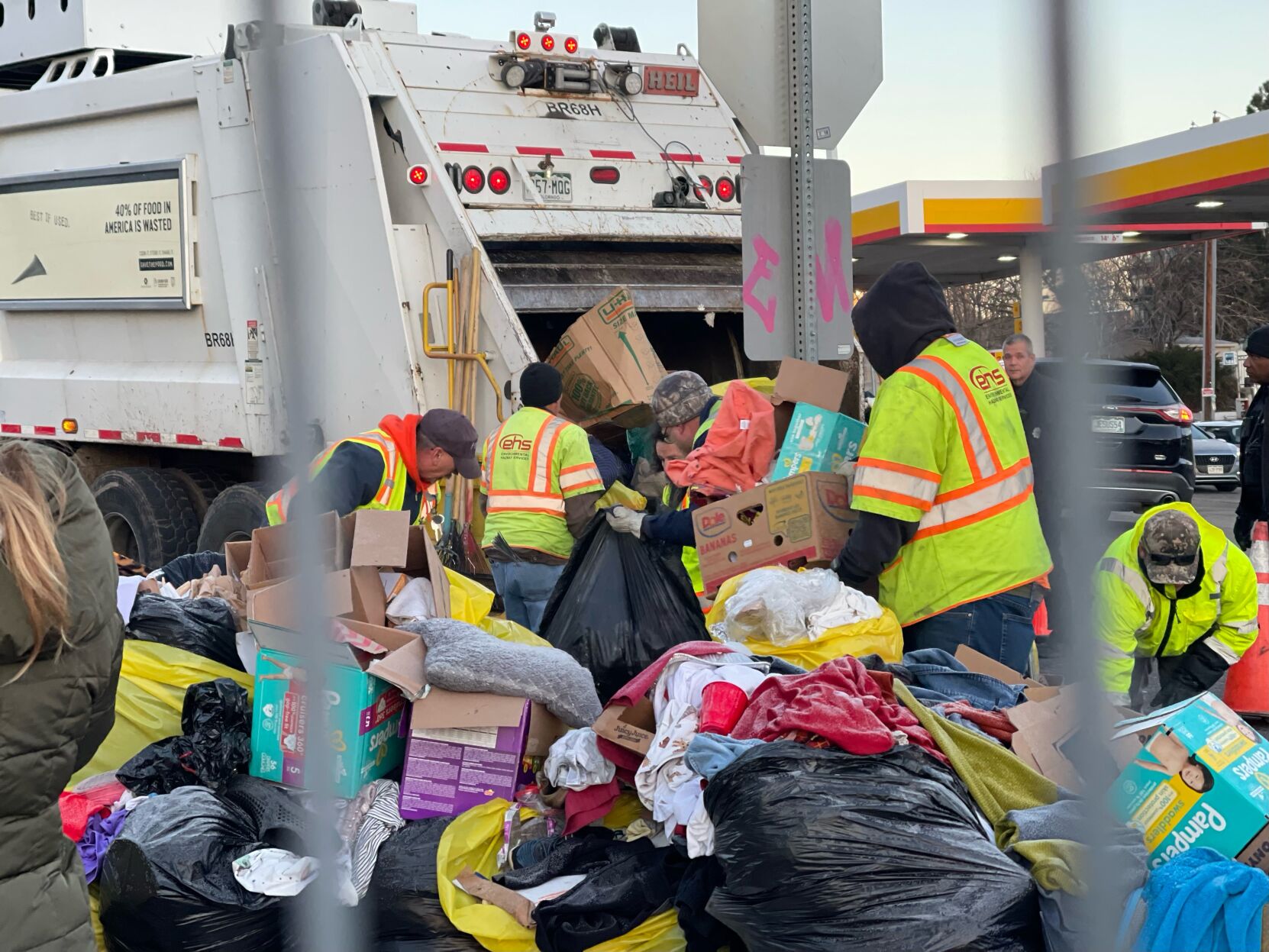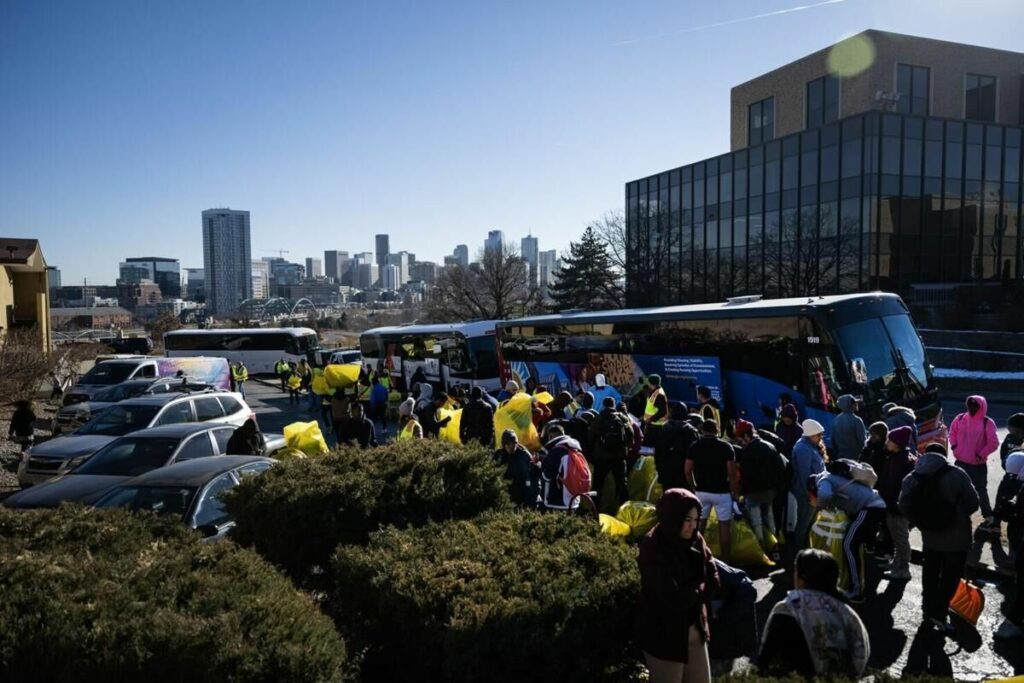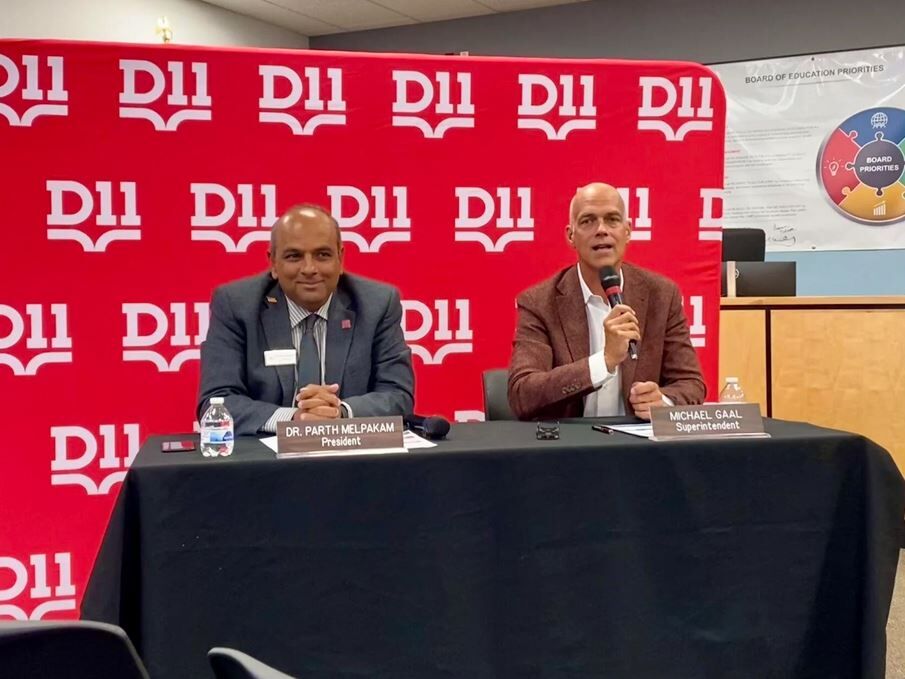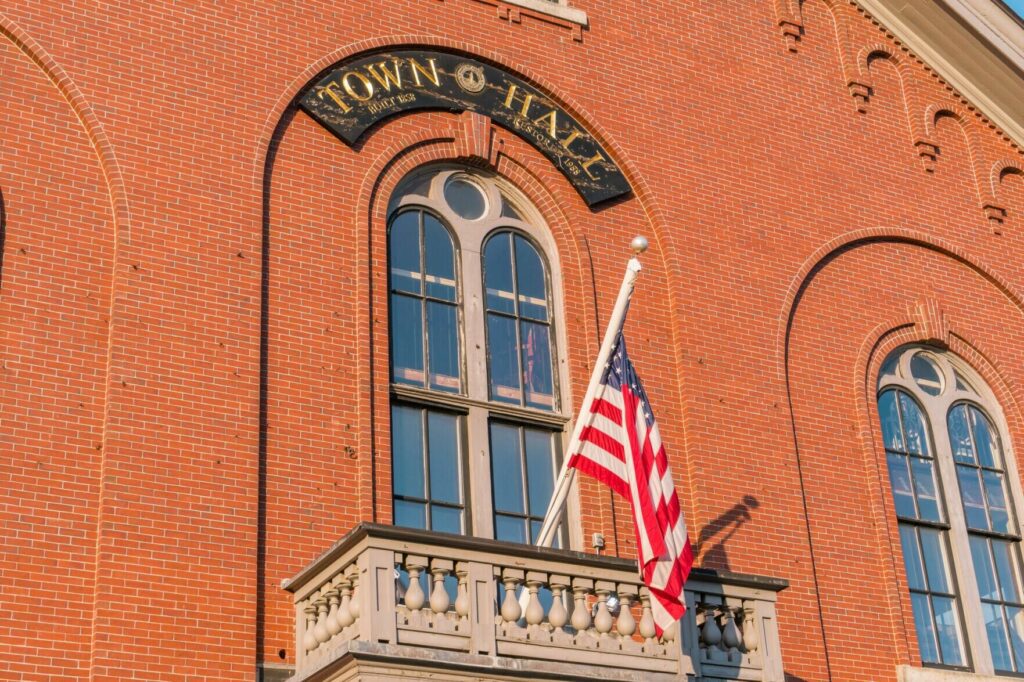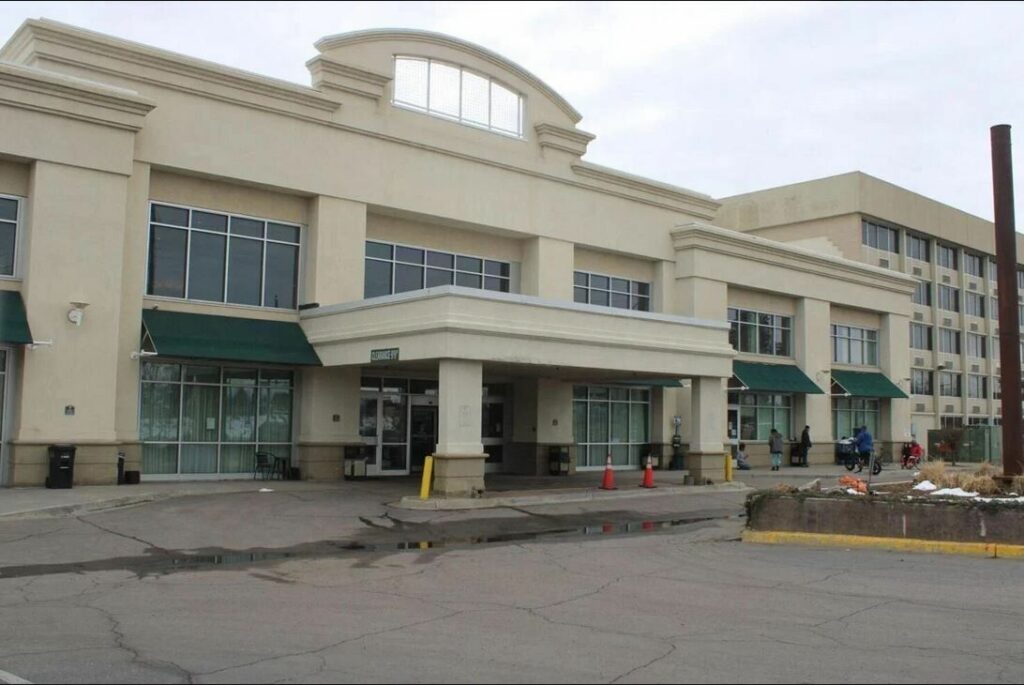Colorado needs immigrants — and secure borders | Denver Gazette

An in-depth analysis by The Gazette’s news team this week on the economic impact of illegal immigration in Colorado underscores the need to restore balance to immigration policy.
Notably, it’s not a matter of picking economic opportunity over border security, or vice versa. That’s a false choice.
In truth, our state and nation can have both.
More to the point, the net economic benefit to Colorado generated by the estimated 160,000 undocumented immigrants who live and work in the state – but who entered the country illegally – doesn’t justify the sheer chaos that currently prevails along much of the 1,954-mile U.S. border with Mexico. The two are in fact unrelated.
Stay up to speed: Sign up for daily opinion in your inbox Monday-Friday
There is no acceptable excuse for the near-total breakdown of security – of the rule of law – at the border that has wrought so much misery for everyone, including those seeking to enter our country. The largely unregulated torrent across our border – of job seekers and refugees, but also of criminal cartel operatives and the contraband they carry – has disrupted life across much of the country and certainly in Colorado. An epic crime wave; an explosion in homelessness, and an opioid-overdose epidemic, among other pathologies, have been impacted and exacerbated in one way or another by the crisis on the nation’s southern border.
None of that is necessary for Colorado to derive the economic bounty created by currently undocumented immigrants who supplement the workforce and help drive the economy. Their contribution is substantial – though they also incur costs that are borne by taxpayers. The Gazette assessed both sides of the ledger in its report.
Illegal immigration pumps roughly $1.9 billion in earnings into the Colorado economy while costing taxpayers around $188 million annually, The Gazette analysis found. In calculating the economic benefits, The Gazette’s news staff multiplied the estimated size of Colorado’s population without work authorization – assuming a minimum wage job – and subtracted 10%, which is what most immigrants send in remittances abroad to support their families. Meaning, 90% of immigrants’ earnings stay in Colorado.
To calculate the nearly $190 million cost of illegal immigration to the Colorado public, the analysis used the three big publicly funded services researchers typically study: health care, incarceration and education. Undocumented immigrants do not qualify for federal health care programs other than for emergency care.
The Gazette’s analysis of course couldn’t account for all the costs and benefits of illegal immigration. For example, the tally of benefits to the economy didn’t include the substantial income taxes and Social Security contributions withheld from workers’ paychecks.
But as some researchers consulted by The Gazette confirmed, the analysis presents a credible, if not entirely comprehensive, picture of the net dollars and cents of illegal immigration.
“The benefits are far greater than the costs,” Alexandre Padilla, professor and chair of the Economics Department at Denver’s Metro State University, said in echoing the analysis’ findings.
Curbing the border catastrophe doesn’t have to mean curtailing any of those benefits. It would mean restoring a thoughtful, orderly and secure immigration process – through which Colorado and the rest of the country could derive those benefits.
Probably the overwhelming majority of people who enter the U.S. illegally are simply looking for work and a better life. What’s needed, then, is to fine-tune federal law where needed to allow for a more realistic number of immigrants who are permitted to enter the U.S. legally from countries like Mexico. What’s also needed is a workable process for screening those immigrants to keep out the bad actors.
And we need a president and Congress with the political will to implement and enforce such a well-regulated border.
The benefits of immigration seem clear, but we need a new means of reaping those rewards. The status quo is unsustainable.
Denver Gazette Editorial Board
